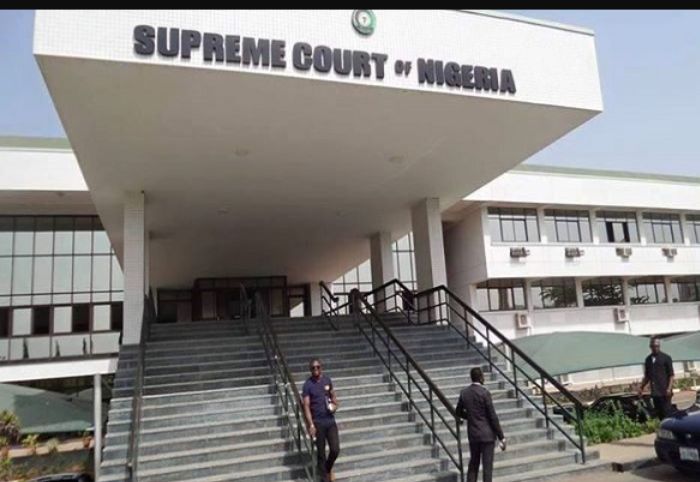Rape is a violent crime that involves forced or non-consensual sexual activity. The effects of rape on its victims can be long-lasting and severe, impacting their physical, emotional, and psychological well-being.
Physical effects of rape can include bruises, cuts, and other injuries sustained during the assault, as well as the risk of sexually transmitted infections and pregnancy. Victims may also experience chronic pain, sleep disturbances, and other physical health problems related to the trauma.
Emotional and psychological effects of rape can include feelings of shame, guilt, fear, and helplessness. Victims may experience depression, anxiety, post-traumatic stress disorder (PTSD), and other mental health disorders as a result of the trauma. They may also struggle with trust issues, difficulty forming intimate relationships, and low self-esteem.
In addition to the immediate effects, rape can also have long-term consequences for victims. They may experience ongoing physical and mental health problems, as well as difficulties with work, school, and social relationships. Victims may also experience feelings of isolation and stigma, as well as difficulty accessing support and resources.
It’s important to note that the effects of rape can vary widely depending on a variety of factors, including the individual’s personal history, the severity and duration of the assault, and the support they receive after the trauma. It’s essential that victims receive compassionate and evidence-based care, including medical treatment, counseling, and advocacy services, to help them cope with the effects of rape and begin to heal.




















